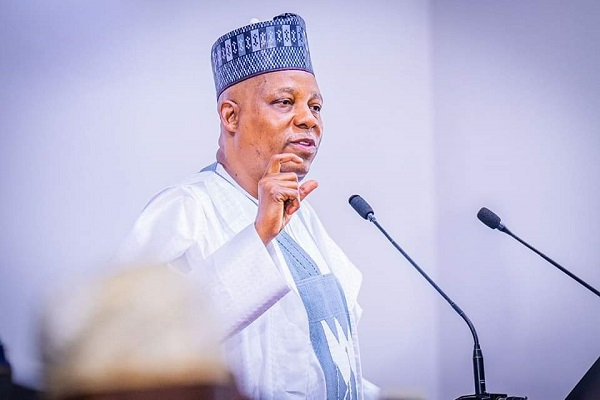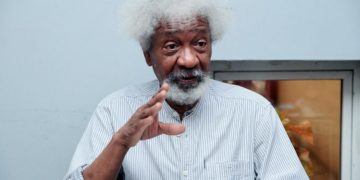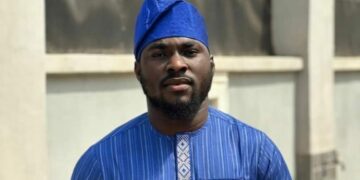The Nigerian Guild of Editors has announced that its annual conference will occur from November 7 to 9, 2024, in Yenagoa, Bayelsa State.
Vice President Kashim Shettima, Bayelsa State Governor Douye Diri, Minister of Budget and Economic Planning Atiku Bagudu, Minister of Information and National Orientation Mohammed Idris, National Security Adviser Nuhu Ribadu, and the president of the Nigerian Association of Chambers of Commerce, Industry, Mines and Agriculture (NACCIMA), Dele Kelvin Oye, will lead discussions on the economy and security as the 20th edition of the All Nigeria Editors Conference (ANEC) begins on Wednesday in Yenagoa.
In a statement on Sunday signed by Nigerian Guild of Editors (NGE) President Eze Anaba and General Secretary Iyobosa Uwugiaren, the professional body of editors and media executives announced that Prince Nduka Obaigbena, chairman and editor-in-chief of THISDAY/Arise Media Group, will chair the conference.
The NGE said, “Former Ogun State Governor Aremo Segun Osoba, Vanguard Newspaper Founder/Publisher Uncle Sam Amuka, BusinessDay Publisher Frank Aigbogun, LEADERSHIP Newspaper Group Senior Vice Chairman and Editor-in-Chief Azu Ishiekwene, and other media experts will speak on strategies for viable and sustainable media financing, opportunities and challenges in AI-generated storytelling, and other emerging issues in global journalism practice.”
The Guild also stated that several critical institutions from the private and public sectors and non-governmental organisations will present papers at the conference.
Providing context for this year’s ANEC, which is expected to attract over 350 editors and media executives nationwide, the NGE explained that since the current administration took office on May 29, 2023, its officials have consistently asserted that the federal government is implementing bold reforms to stabilise and develop the macroeconomic landscape.
The editors stated, “The government argues that the petrol subsidy was gradually removed, and foreign exchange reforms have unified the markets, establishing a market-driven exchange rate. To alleviate inflationary impacts on the most vulnerable, the government has been providing temporary cash transfers to over 15 million households, alongside efforts to tighten monetary policy and refocus the Central Bank of Nigeria (CBN) on maintaining price stability.”
However, despite these efforts, experts highlight that Nigeria, Africa’s largest economy and most populous nation, offers limited opportunities for many citizens.
Nigeria currently ranks 7th lowest in the global human capital index. Weak job creation is prompting many workers to emigrate for better opportunities.
Explaining the conference’s theme, “Economic Growth and Development Strategies in a Resource-rich Country,” the NGE noted that while Nigeria’s poverty rate is around 40 percent, with an estimated 88 million people living below the poverty line, concerns about the exchange rate, inflation, and rising energy prices persist.
“To tackle these economic challenges and foster development, there is a near-consensus among stakeholders that Nigeria requires comprehensive policies and strategies addressing both short-term and long-term issues,” the NGE said.
On media viability and sustainability, the Guild emphasised the need for mechanisms to support the media industry, enabling individual publishers and the sector as a whole to receive fair compensation for their intellectual property and content.
The statement added, “The call is for adaptable mechanisms that align with evolving market conditions and enhance publishers’ ability to establish diverse revenue streams.”
The annual conference, which began in 2004, will also feature the induction of 12 new editors.











